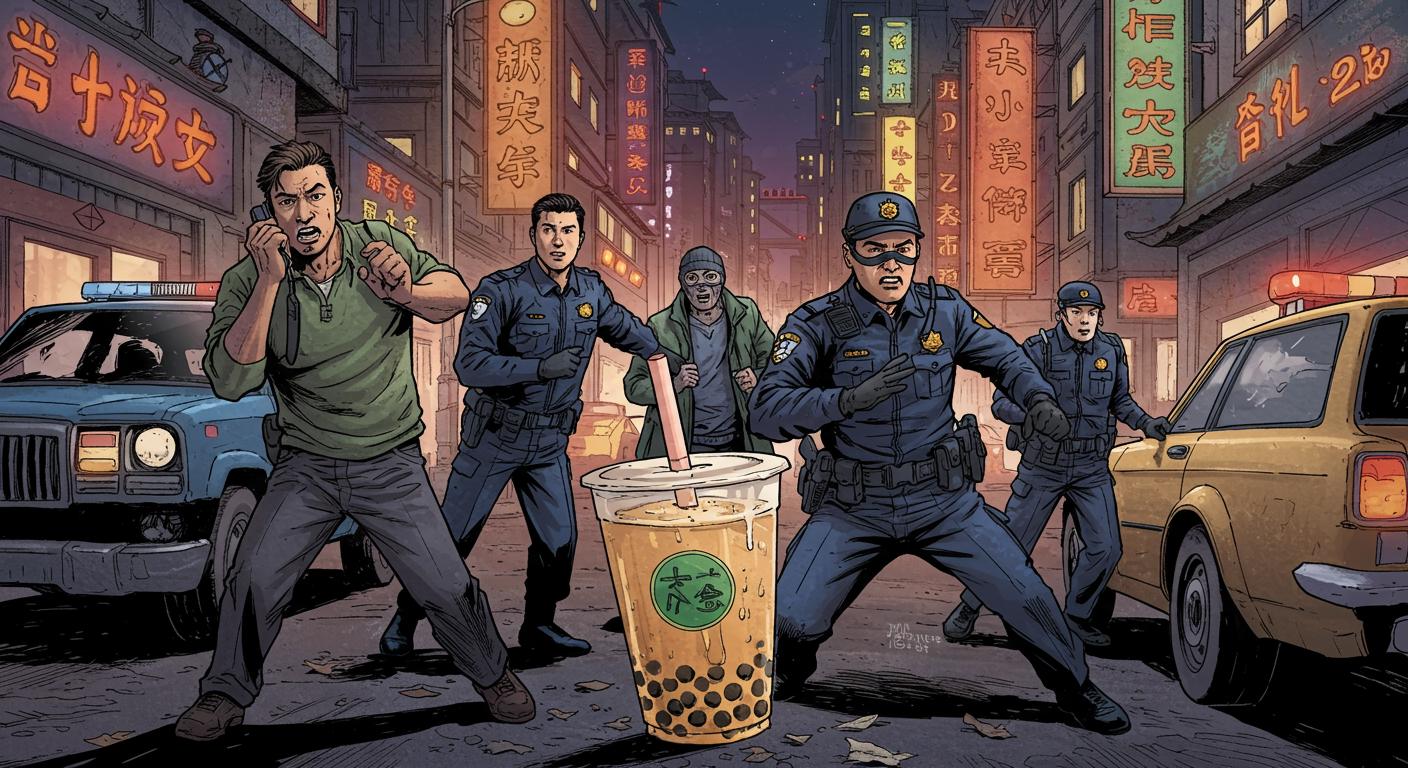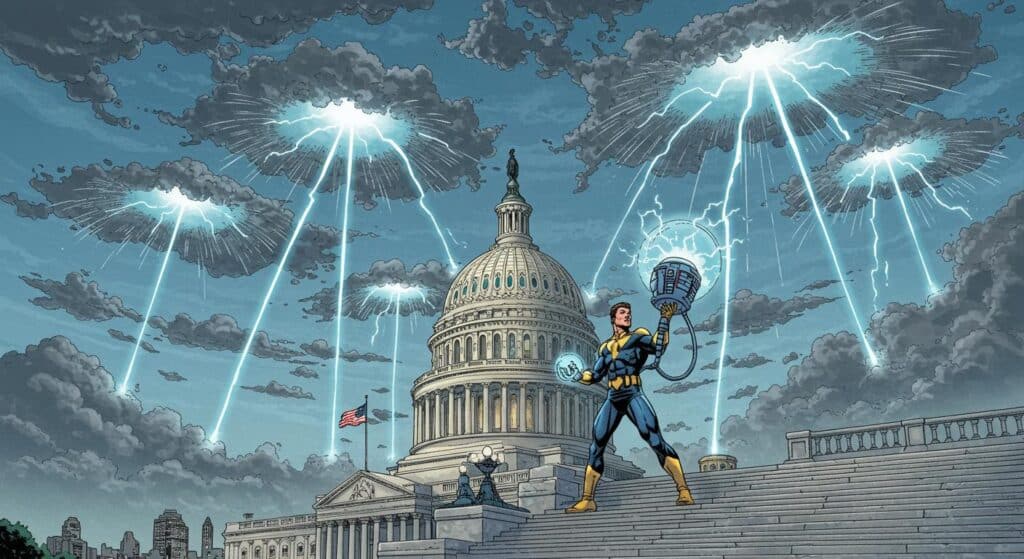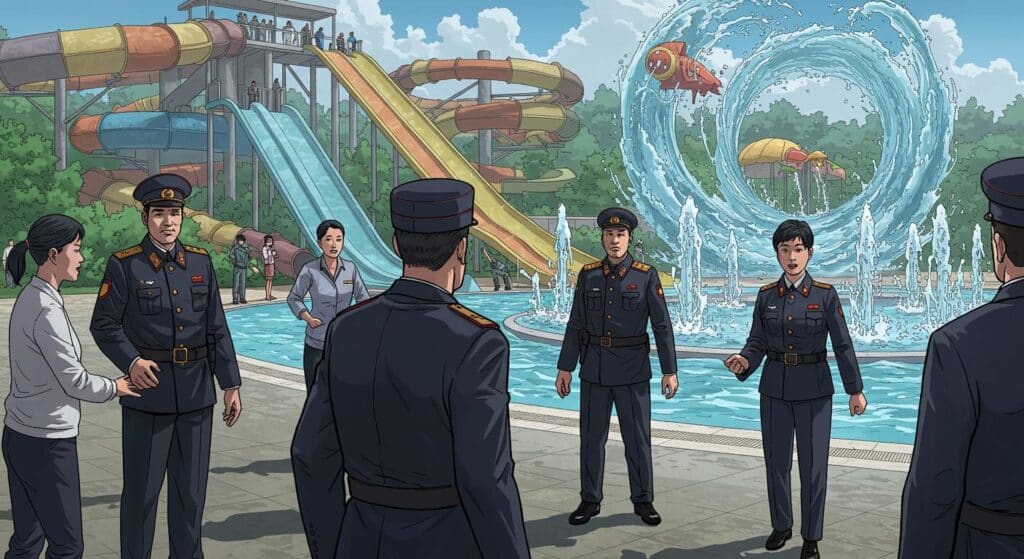There are certain stories that seem to have wandered, blinking, out of the realm of internet folklore and straight into the news cycle. The Shanghai milk tea caper, as documented by Kappa News, is one such episode: an incident that reads almost like a condensed urban legend, punctuated with surveillance cameras and a dash of bureaucratic efficiency.
When Bubble Tea Becomes a (Literal) Hotline Issue
This saga began with what most would consider an everyday act of optimism—Mr. Li ordering a coconut mango pomelo sago milk tea, hoping to sweeten up a busy day. According to Kappa News, after receiving photographic delivery confirmation from the courier, Mr. Li went to the parcel locker only to find his drink had vanished. What happened next rarely figures into the minds of most food-delivery veterans: Mr. Li called 110, China’s emergency police line, which led to an impressively swift response. Police arrived within minutes, reviewed security footage with Mr. Li, and swiftly pinpointed the culprit—a woman who had taken the drink shortly after delivery. Through a cascade of surveillance cameras, officers tracked her to her nearby residence, and upon questioning, the woman admitted to the theft, explaining that her own past experiences as a food theft victim contributed to her impulsive decision. In a twist of minor tragedy, the report mentions the milk tea was damaged in the process and went to waste. The entire affair, from Mr. Li’s phone call at 11:26 a.m. to police locating the thief by 11:40 a.m., played out in just 14 minutes. Restitution was made in the form of a 10-yuan payment, with a formal warning and lesson in public civility rounding off the encounter.
A Cautionary Tale Brewed with Tech and Irony
The story’s viral trajectory online has prompted a range of reactions, from admiration for police efficiency to skepticism about the wisdom of engaging state resources over a single cup of milk tea. Kappa News details both the praise for quick justice and the debate over proportionality. Yet, one of the most striking aspects slips through the background: this case hinged not on legendary detective work, but on the omnipresence of surveillance. With nearly every corner watched by cameras, even the briefest snack heist can become a documented event, solved in minutes. Are people reassured by this or simply resigned? It’s a reflection on both the infrastructure behind everyday life in a major city and the shifting standards of privacy.
Summary: Fast Justice, Lukewarm Privacy Questions
So, what remains after the dust (and coconut foam) settles? Perhaps a gentle warning against leaving your food unattended, or a tidy example of ultra-fast justice for minor infractions. But lingering beneath the surface is that subtle unease about how much surveillance we’re willing to tolerate. The milk tea was tragically short-lived, restitution was prompt, and the internet’s appetite for the absurd—well, you can’t steal that from a parcel locker.
But as cameras quietly log one more solved snack caper, you can’t help but wonder: how many small crimes have slipped into legend simply because the right lens wasn’t pointed in the right direction? And how many will become micro-mysteries no longer, now that nearly every errand gets a digital audience?







